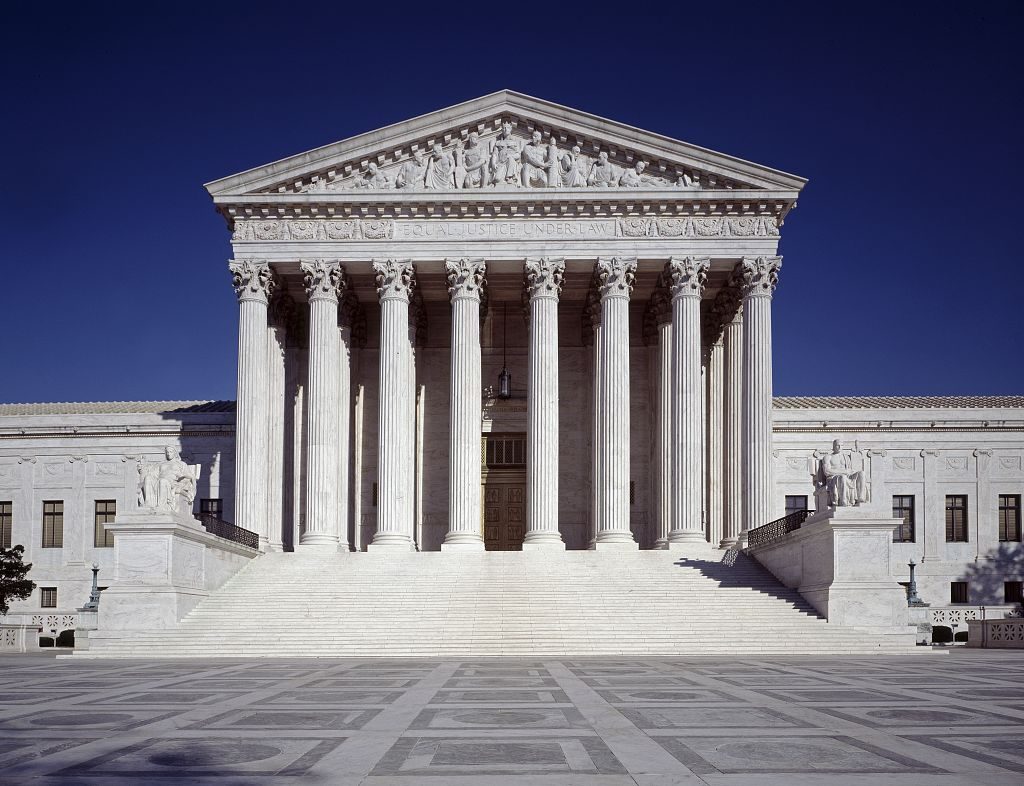The underlying law on public forums is well established.
Traditional public forums include such areas as streets, sidewalks and parks that have a history of dedication to political speech. Public officials may not discriminate against people using a public forum based on their viewpoint, but can impose reasonable regulations relating to the time, place and manner of speech. Any restrictions on speech itself must meet a compelling state interest and must be narrowly tailored to achieve that interest—a standard called “strict scrutiny” that is very difficult for the government to meet.
Limited public forums are different. Beyond traditional forums like streets and parks, the government can also designate other public places for expressive activities. These are called “limited” or “designated” public forums. The government may limit the forum to certain subjects or classes of speakers, but it may not discriminate based on the viewpoint expressed. Thus, aside from the narrowing designation, the limited public forum provides people with the same high level of free speech protection as traditional forums.
Nonpublic forums are government-owned properties that are not traditional public forums or forums set aside for a particular form of speech. Examples include jails, airport terminals, and military bases. Here, regulations imposed by the government must be merely reasonable (not compelling) and must not discriminate based on viewpoint.
Tags

